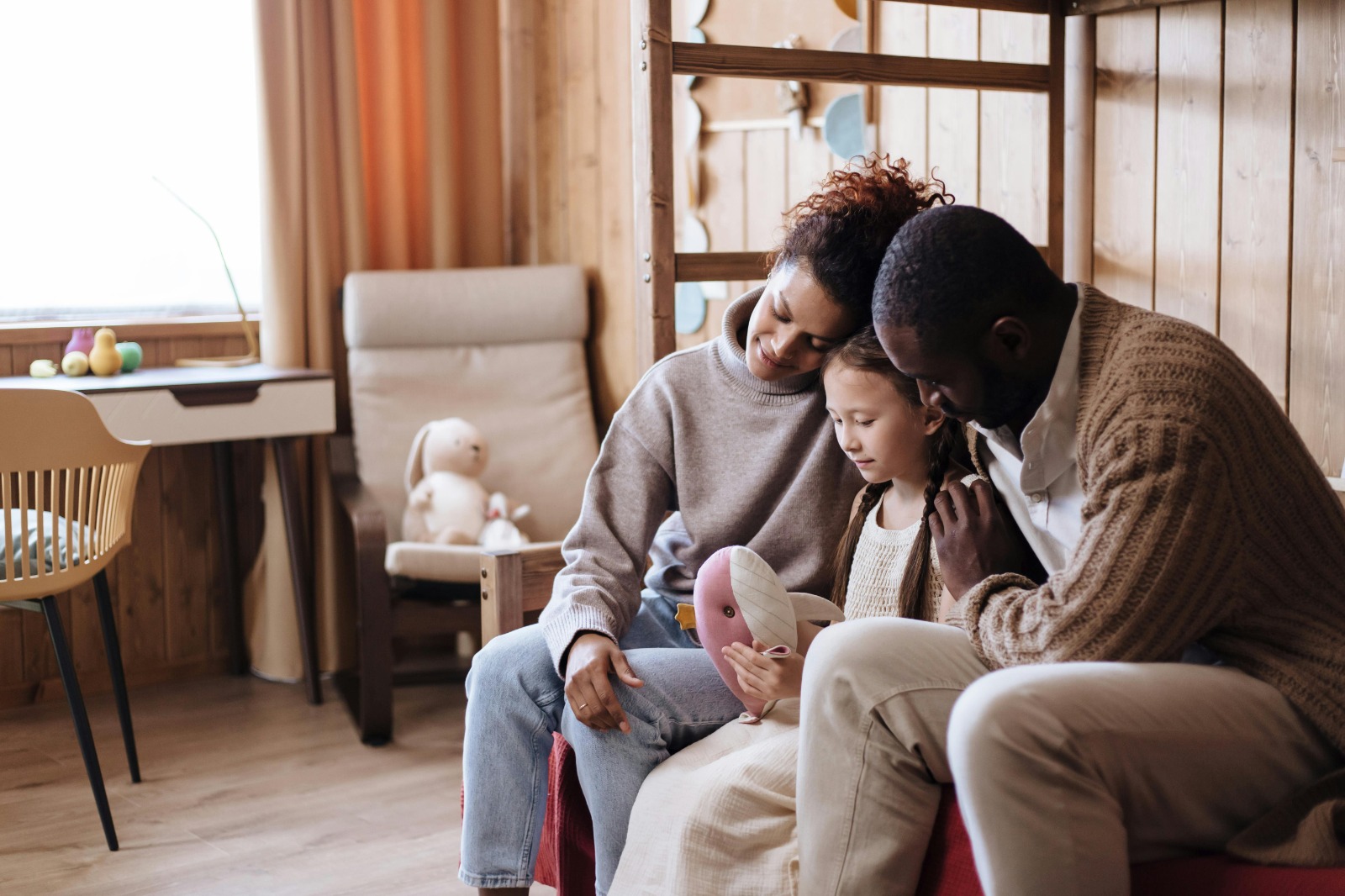Understanding Elderly Home Care
Elderly home care is a vital service designed to help seniors maintain their independence while receiving the assistance they need in the comfort of their own homes. As the population ages, the demand for elderly home care continues to grow, emphasizing personalized care plans that address physical, emotional, and social needs. Elderly Home Care ensures that seniors can continue to live fulfilling lives without sacrificing their autonomy.
Benefits of Elderly Home Care
Elderly home care offers numerous benefits, including personalized attention, flexible schedules, and companionship. Seniors often experience increased mental and physical wellbeing when they receive care in familiar surroundings. Elderly home care can reduce feelings of isolation, improve mobility, and provide assistance with daily activities such as bathing, dressing, and medication management. By promoting independence, elderly home care allows seniors to maintain their routines while receiving professional support.
Personalized Care Plans
A key aspect of elderly home care is the creation of personalized care plans. These plans are tailored to each individual’s needs, ensuring that they receive the right level of support. Elderly home care providers assess medical conditions, lifestyle preferences, and personal goals to design a comprehensive care strategy. Personalized care plans help seniors achieve maximum independence while ensuring their safety and wellbeing.
Physical Support and Assistance
Elderly home care often includes assistance with daily living activities, which is essential for seniors with mobility challenges or chronic health conditions. Caregivers help with tasks such as bathing, dressing, grooming, meal preparation, and medication reminders. Providing physical support not only ensures safety but also encourages seniors to remain active and engaged. Elderly home care professionals are trained to assist without reducing autonomy, promoting dignity and confidence.
Emotional and Social Wellbeing
Beyond physical care, elderly home care focuses on emotional and social wellbeing. Companionship is a critical component of elderly home care, as social interaction can prevent loneliness and depression. Caregivers often engage seniors in conversations, hobbies, and recreational activities tailored to their interests. Emotional support is just as important as physical assistance, making elderly home care a holistic approach to senior wellbeing.
Promoting Independence
One of the primary goals of elderly home care is to promote independence. Seniors can remain in their own homes and make decisions about their daily routines while receiving professional assistance when needed. Elderly home care encourages self-reliance by providing support in areas where seniors may face challenges without taking away their autonomy. This approach helps seniors feel empowered and maintains their quality of life.
Choosing the Right Elderly Home Care Provider
Selecting a reliable elderly home care provider is crucial for ensuring quality care. Look for agencies with trained, experienced caregivers who offer flexible care plans. A good provider will prioritize the safety, comfort, and wellbeing of seniors while fostering independence. Reviews, certifications, and personal recommendations are important factors to consider when choosing elderly home care services.
Common Services Offered in Elderly Home Care
Elderly home care encompasses a wide range of services tailored to individual needs. These services often include personal care, companionship, housekeeping, meal preparation, medication management, and transportation. Advanced elderly home care may also provide specialized services for seniors with dementia, Alzheimer’s, or other chronic conditions. Comprehensive elderly home care ensures that seniors receive all necessary support without leaving their homes.
Importance of Consistent Care
Consistency is key in elderly home care. Regular visits from familiar caregivers build trust and foster a sense of security. Consistent elderly home care allows seniors to develop routines and maintain social connections, both of which contribute to overall wellbeing. By ensuring dependable care, seniors are more likely to remain independent and engaged in their daily lives.
Conclusion
Elderly home care is more than just assistance with daily tasks; it is a holistic approach that promotes independence, wellbeing, and dignity for seniors. Through personalized care plans, physical support, emotional companionship, and consistent attention, elderly home care allows seniors to thrive in the comfort of their own homes. Choosing the right elderly home care provider ensures that seniors receive the best possible support while maintaining their autonomy and quality of life. Investing in elderly home care is investing in the health, happiness, and independence of your loved ones.




